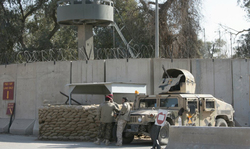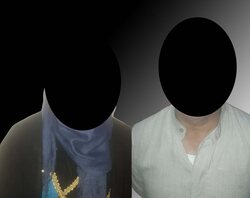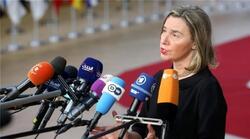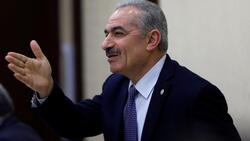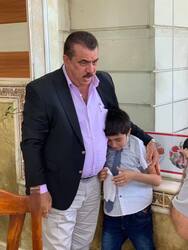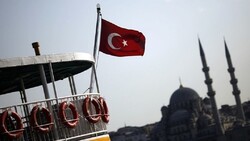UN Should Focus on Protester Deaths in Iraq Rights Review,HRW
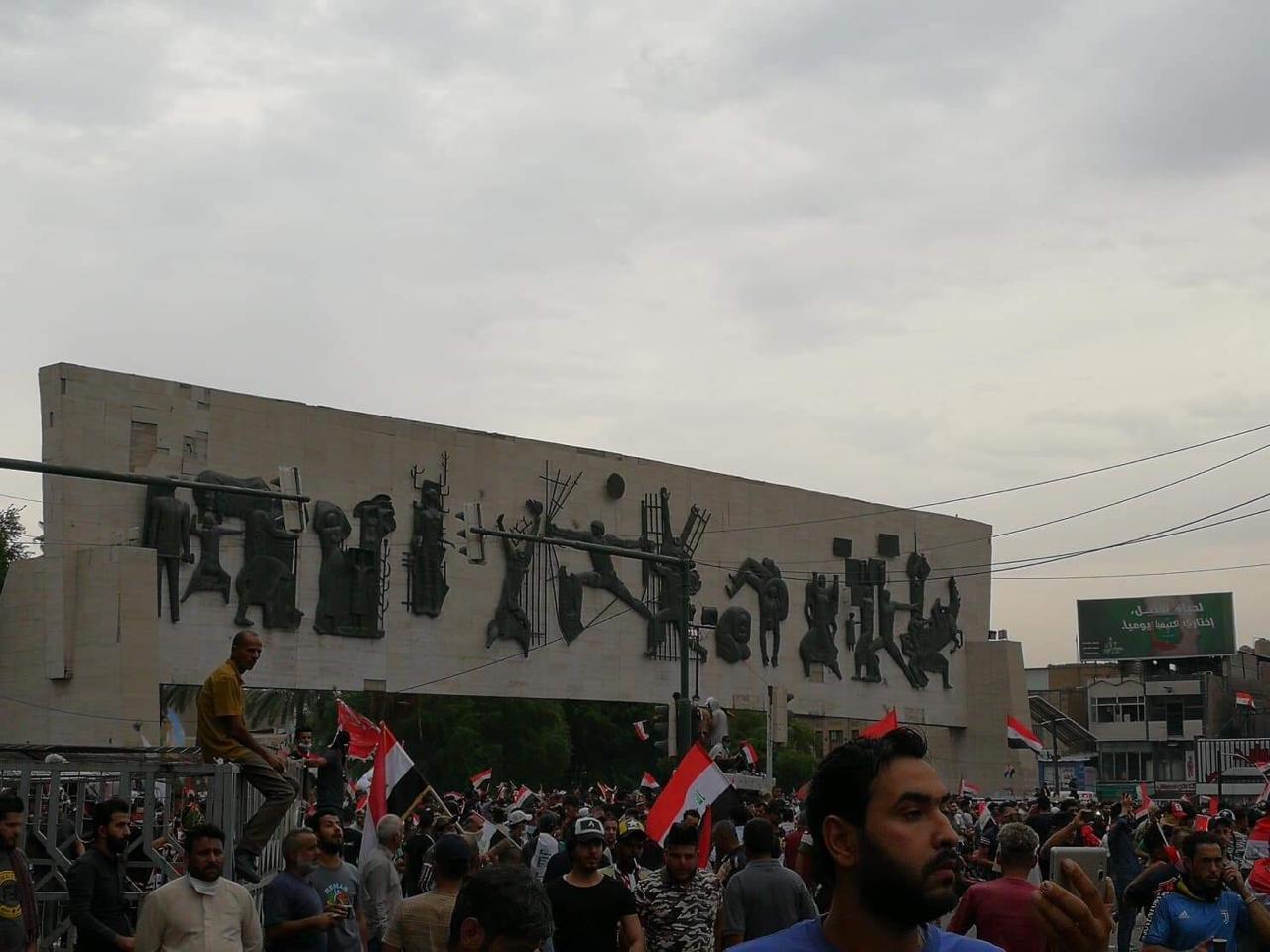
Shafaq News/ Today the UN Human Rights Council will hold a Universal Periodic Review (UPR) session to examine Iraq’s human rights records. The rash of killings of protestors by Iraqi security forces over the past month should at the front of diplomats’ minds as they shape their recommendations, Human Rights Watch said in a statement today.
At least 147 protesters were killed by security forces in protests in Baghdad and Iraq’s southern cities in early October; more than 100 have been killed in a second wave since October 25.
In the second wave, Baghdad security forces have fired teargas cartridges not just to disperse crowds, but in some cases directly at protesters, a brutal form of lethal force. The UN Assistance Mission to Iraq (UNAMI) documented 16 protesters killed by teargas cartridges striking their heads or chests. Amnesty International has identified that some of the teargas cartridges Iraqi forces are using to kill protesters were made in Iran.
Some security forces have continued to use live ammunition in Baghdad and other cities. UNAMI said 97 people were killed from October 25 to November 4, with news reports of more shot dead since then. Authorities have arbitrarily detained protesters and released them later without charge, and others have gone missing. Human Rights Watch has received reports that security forces are threatening and even shooting at medics treating protesters.
The government has tried to prevent Iraqis and the world from seeing the extent of its deadly response. First, the government repeatedly throttled the internet to prevent people from uploading and sharing photos and videos of the protests, and blocked messaging apps. Then it imposed a nighttime internet curfew. As of November 5, most internet access has been blocked. “The disruptions in Iraq now rank amongst the most severe NetBlocks has observed in any country in 2019,” said NetBlocks, an independent international non-partisan group monitoring internet access.
Beyond the protests, security forces have arrested some Iraqis simply for expressing support for the movement with Facebook messages. This marks a new low in a country that, despite a very troubled past, has valued a level of free speech over the last decade.
While the UN, United States, and European Union have issued multiple statements condemning the excessive use of force, Iran and other allies of Iraq have remained silent. Today, Iran and every other UN member owes it to every dead protester to persuade Iraq to protect, rather than suppress, its citizens’ rights to free expression.
